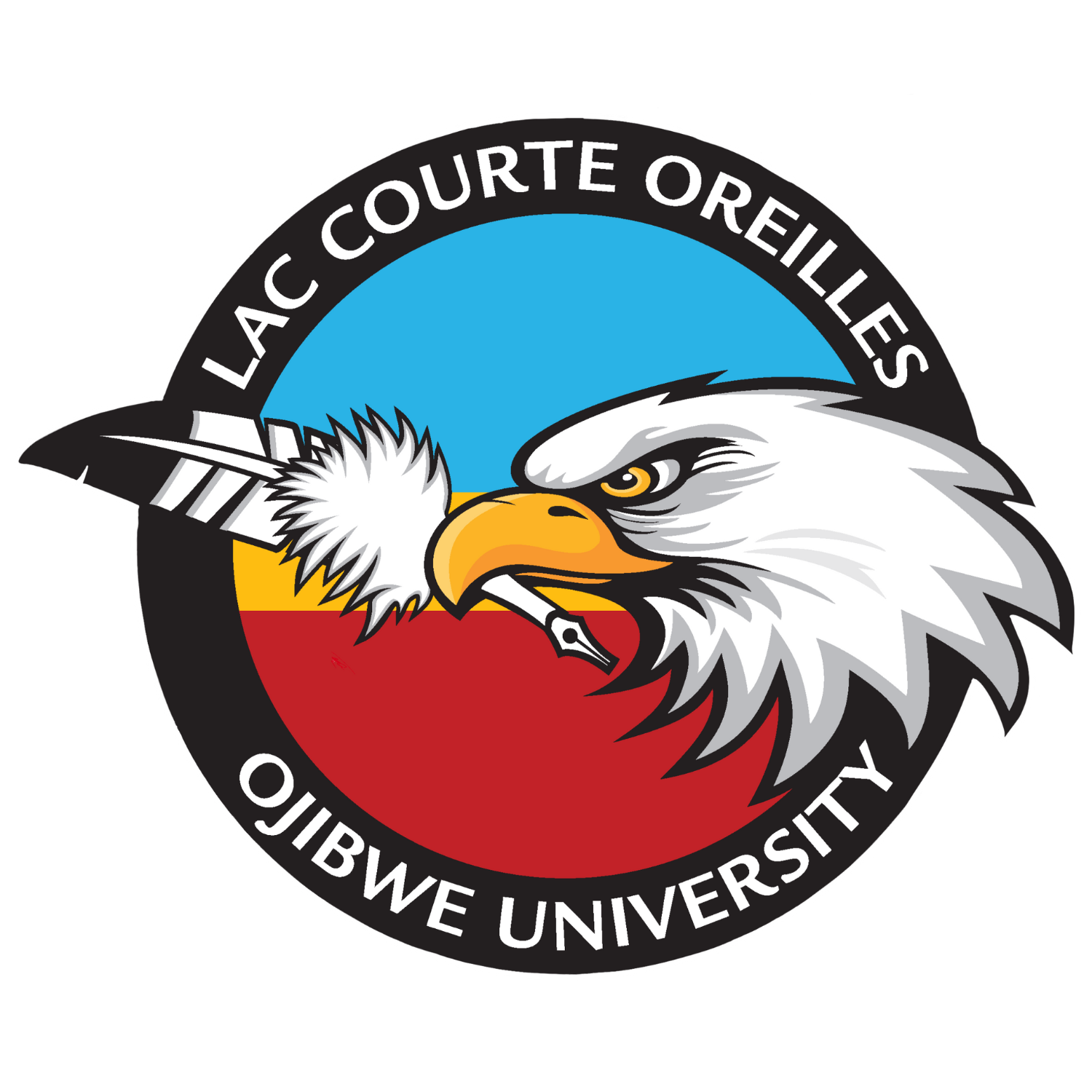Charter Schools
Questions?
Karen Breit, Chief of Staff & Charter School Compliance Officer
kbreit@lco.edu
Legislative background
In 2015, the Wisconsin Legislature authorized the then Lac Courte Oreilles Ojibwa Community College to grant and operate charter schools under Wis. Stat. 118.40(2r). The ability to charter schools was a result of the Tribal Caucus of the Special Committee on State-Tribal Relations advocating strongly for the Tribe’s ability to charter a school as proposed in WLC 002/02. Further, under 2015 Wisconsin Act 55, the Lac Courte Oreilles Ojibwa community college was permitted to charter a school anywhere in the State of Wisconsin, effective July 15, 2015. In 2021, the Wisconsin Legislature mandated the Department of Public Instruction to pay the same per pupil to all independent charter schools, eliminating the lesser payments made to charter schools authorized by a tribal college under 2021 Act 219. To date, the Lac Courte Oreilles Ojibwe University has chartered two schools; one of which is Akii-gikinoo’amaading (Earth School) which is operated by the Waadookodaading Ojibwe Language institute. The school offers a learning pathway that runs from middle school through high school and will teach students how to care for and protect our Earth through student-initiated Project Based Learning.
APPLICATION PROCEDURES
Applications must be submitted by schools using the required format and should not exceed 20 pages.
Applications may be emailed to Karen Breit at kbreit@lco.edu
LCOOU shall review each Application using the LCOOU Application Rubric.
Within 30-45 days from applicant submission, the LCOOU staff may follow up with an Applicant Interview to request further clarification or modification or may decide whether to provide a written recommendation of authorizing to the LCOOU Board.
Within 30-60 days following notification, the LCOOU Board shall determine if they wish to meet with the Applicant or approve or deny the application.
Following a decision to authorize a charter school, LCOOU will move forward with the process of finalizing a contract with the charter school governance board.
LCOOU is currently operating authorization decisions on a rolling basis.
NON-DISCRIMINATION STATEMENT
LCOOU does not and shall not discriminate on the basis of race, color, religion (creed), gender, gender expression, age, national origin (ancestry), disability, marital status, sexual orientation, or military status. We are committed to providing an inclusive and welcoming environment for all.
Charter School FAQ
-
The Lac Courte Oreilles Ojibwe University receives its charter authority through the State of Wisconsin.
Click the link below to visit the state website on charter schools for their definition of a charter school and a lot of other information on charter schools in WI.
Charter Schools in Wisconsin | Wisconsin Department of Public Instruction.
-
LCOOU accepts applications for review from those proposing to open a public charter school.
Applicants should consider innovative school options that also align with the mission of LCOOU.
APPLICATION PROCEDURES
1. Applications must be submitted by schools using the required format and should not exceed 20 pages.
2. Applications may be emailed to Karen Breit at kbreit@lco.edu
3. LCOOU shall review each Application using the LCOOU Application Rubric.
4. Following the review of the Applications, the LCOOU staff may follow up with an Applicant Interview to request further clarification or modification or may decide whether to provide a written recommendation of authorizing to the LCOOU Board.
5. After the public board meeting, and a possible Applicant interview, the LCOOU Board shall determine whether they plan enter into a contract to establish a charter school.
6. Following the decision to authorize a charter school, LCOOU will move forward with the process of finalizing a contract with the charter school governance board.
7. LCOOU is currently operating authorization decisions on a rolling basis.
-
